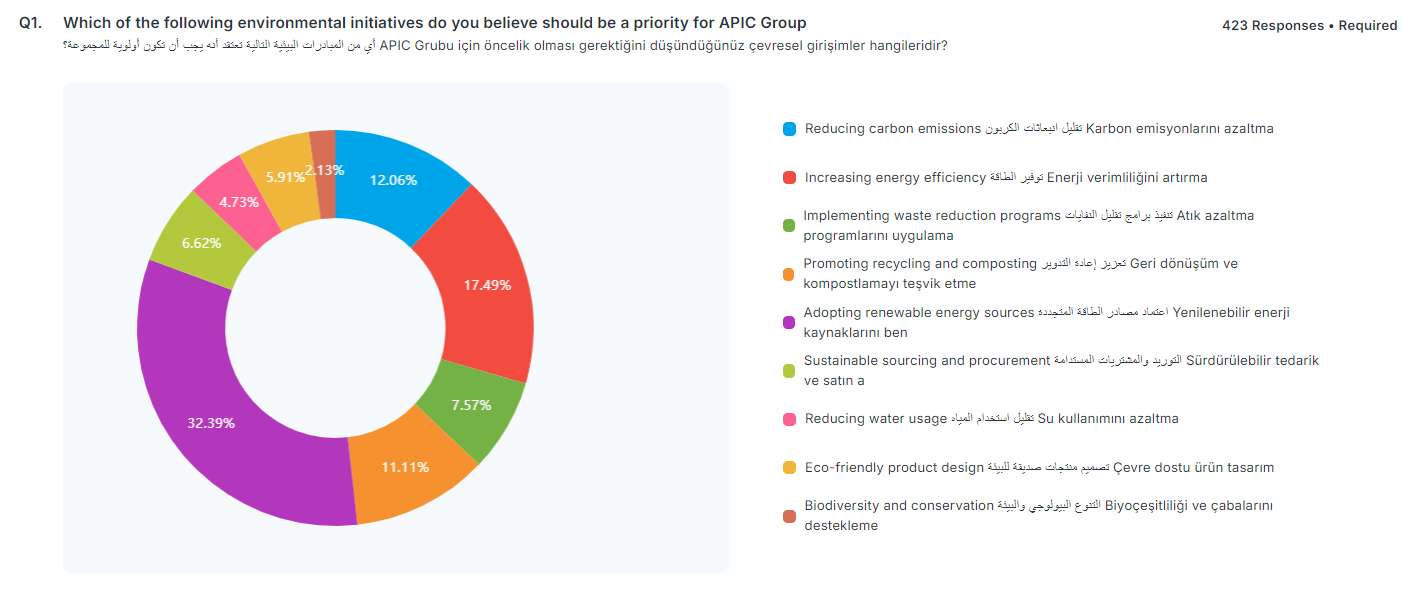Governance
ETHICS AND GOOD GOVERNANCE
Governance and ethics stand as the cornerstones of our organizational culture, embodying an unwavering commitment to the highest standards of conduct. Paramount within our operational framework is the steadfast pursuit of transparency, permeating all facets of our decision-making processes. By prioritizing openness and clarity, we actively foster an environment where stakeholders can trust and rely on the integrity of our actions. This commitment extends to ensuring accountability throughout the Group, holding each individual accountable for their roles and responsibilities. Ethical decision-making is not merely an expectation but an ingrained principle that guides every professional choice made within our enterprise. We have implemented robust mechanisms and frameworks that meticulously outline ethical standards, delineating the boundaries of acceptable behaviour. These standards are disseminated and reinforced through ongoing training initiatives, ensuring that every member of our team is well-versed in the principles that underpin our ethical foundation. Upholding governance and ethics are not merely a compliance measure for us;
it is a proactive stance that underscores our dedication to creating a corporate environment where integrity, fairness, and ethical conduct are not just aspirations but the bedrock of our identity.
CONFLICTS OF INTEREST
Our company maintains a policy to identify and manage conflicts of interest where all employees review and sign the Conflict of Interest policy upon hiring, and receive training on Conflict of Interest, as part of the Group’s commitment to upholding the highest standards of transparency and impartiality throughout our decision-making processes.
ANTI-CORRUPTION
An integral aspect of our governance strategy is the robust anti-corruption measures in place outlined in APIC Group’s Anti-Corruption Policy which is communicated to all our employees, in addition to providing training on ethics and corruption prevention to our employees. Our ongoing commitment to transparency involves a systematic assessment of all operations for potential corruption risks, and all board members have formally endorsed the Anti-Corruption Policy, demonstrating APIC’s unwavering commitment.
APIC Group’s Anti-Corruption Policy and Compliance Training
In 2024, APIC Group continued with prioritising anti-corruption learning and awareness raising through virtual training on Anti-Corruption that is mandatory for all employees. All employees have received training on ethics, Code of Conduct, and why values matter, in addition to combatting fraud, navigating the work environment, handling company resources, managing company relationships, bribery and corruption, and gifts.
A group wide quiz was conducted for the employees, and more than 80% of participants in the ‘Test Your Knowledge of Anti-Corruption Quiz’ scored 80% or higher.
Additionally, to ensure that employees are satisfied with the trainings, a survey of the compliance training platform was conducted and showed very high satisfaction with the training material, where the following ratings were received:
Frequency of assigned training 4/5
Relevance of the training topics (compliance, ethics, anti-corruption, sustainability, work culture) 4.1/5
Quality of the short videos 4.3/5
Engagement level of material and quizzes 4.4/5
Ease of use 4.4/5
Training length 4.2/5
80% agreed that the training improved their understanding of compliance and ethics
84% agreed that they feel more confident applying anti-corruption principles in their work
84% agreed that the platform has had a positive impact
87% reported that they are more confident about how to respond to situations they find unethical and to incidents that defy company policies
53% reported that they have noticed positive changes in their workplace environment or in behaviour due to this training related to sustainability and work culture
REPORTING
Our commitment to accountability, transparency, and responsibility is reflected in our regular reporting mechanisms and governance practices. We provide comprehensive annual reports in addition to quarterly disclosures, detailing our governance practices, financial performance, Corporate Social Responsibility and sustainability initiatives.
SPEAK-UP CULTURE
APIC Group promotes a speak-up culture so employees can share their ideas, opinions, and concerns. We have an internal communication channel and conduct periodic employee well-being surveys. We also provide confidential mental health guidance to employees which helps them navigate and resolve difficult situations, in addition to our Whistleblowing platform, which allows employees to directly access the highest levels of the company in case there are any issues, all are part of our people-centric approach.
APIC Group provides an environment where employees can report concerns without fear of reprisal, all claims are investigated in a timely manner, and have the option to remain anonymous. A clear Whistleblowing Policy is communicated to all employees and the Whistleblowing Platform can be accessed here.
RISK MANAGEMENT
APIC Group conducts group wide risk assessments every three years, which now includes environmental, social and governance aspects such as evaluating potential environmental impact, assessing social responsibility, and scrutinizing governance practices across its diverse portfolio of investments.
APIC Group’s Enterprise Risk Management
For the first time across the entire group, APIC has fully integrated Environmental, Social, and Governance (ESG) principles into our Enterprise Risk Management (ERM) framework, ERM is spearheaded by the Audit Department at APIC and is implemented across all subsidiaries. This marks a significant milestone in our commitment to sustainable business practices, ensuring that ESG-related risks and opportunities are systematically identified, assessed, and managed alongside traditional financial and operational risks.
This integration enables us to take a more comprehensive and forward-thinking approach to risk management, recognizing that sustainability factors are critical to long-term business resilience and success. We are now actively measuring and evaluating risks across several key areas:
- Water Resource Management and Waste Practices – Assessing the impact of our operations on water usage and waste generation, ensuring responsible resource management and waste reduction strategies.
- Climate Change (Carbon Footprint) – Monitoring and mitigating our carbon footprint to align with global sustainability goals and reduce climate-related risks.
- Facility Management – Enhancing operational efficiency and sustainability within our facilities through energy conservation, waste reduction, and responsible sourcing.
- Corporate Governance – Strengthening governance structures to promote transparency, accountability, and ethical decision-making at all levels of the organization.
- Reputation and Ethics – Safeguarding our corporate reputation by upholding the highest ethical standards and proactively managing reputational risks.
- Crisis Management – Enhancing our ability to respond effectively to unexpected disruptions, ensuring business continuity and stakeholder confidence.
By integrating ESG considerations into our ERM framework, and in follow up into our Business Continuity Plans, we are reinforcing our commitment to responsible business practices while proactively managing risks that could impact our long-term growth and sustainability. This approach not only strengthens our resilience but also enhances our ability to create long-term value for our stakeholders, ensuring that APIC remains at the forefront of sustainable corporate leadership.
SUSTAINABILITY
Our Sustainable Development and Social Responsibility (SDSR) Committee on the Board of Directors was established in 2022 and plays a pivotal role in overseeing the management of impacts, sustainability reporting, aligning with the highest governance standards. Where senior executives are responsible for developing, and updating the organization’s purpose, value or mission statements, strategies, policies, and goals related to sustainable development; the Board of Directors are responsible for guiding and approving all the above.
The SDSR Committee also ensures that the company implements due diligence and other processes to identify and manage impacts on the economy, environment, and people, and receives quarterly updates and considers the outcomes of these processes.
Participatory Approach in Sustainability Planning at APIC Group
At APIC Group, we believe that employee engagement is essential in shaping our sustainability and business strategies. To ensure alignment between the Board of Directors (BOD) and employees, we conducted a materiality survey, inviting employees to share their perspectives on the most critical environmental, social, and governance (ESG) topics. 1. Gathering Employee Insights Through the survey, employees had the opportunity to voice their priorities, providing valuable input on areas such as sustainability, workplace well-being, ethical business practices, and community impact. Their feedback helped identify the most relevant issues that matter to both the workforce and the company’s long-term goals.
2. Strengthening Alignment with Leadership The results of the survey were carefully analysed and presented to the Board of Directors, ensuring that employee perspectives were considered in strategic decision-making. This process helped bridge the gap between leadership priorities and employee expectations, fostering a more inclusive and transparent approach to corporate sustainability. 3. Driving Meaningful Change By actively engaging employees in the materiality process, APIC Group ensures that sustainability efforts are relevant, impactful, and widely supported across all levels of the organization. The insights gained will continue to shape future initiatives, strengthening our commitment to responsible business practices and ensuring that both employees and leadership work toward common goals. This initiative reinforces APIC Group’s dedication to collaborative decision-making, where every voice contributes to building a more sustainable and responsible future. The results of the survey were as follows:
MATERIALITY
In the year 2023, the Board of Directors and Executive Management, fortified by the expertise of an external consultancy firm based in the UK, engaged in a comprehensive review process. This encompassed a meticulous examination of accumulated company data, invaluable insights garnered from stakeholders, and an extensive analysis of prevailing industry practices. Collaboratively, the Board actively participated in a materiality exercise, a strategic process aimed at discerning and prioritising key issues and focus areas crucial for attaining sustainability objectives in the short to medium term. This rigorous assessment, guided by external expertise, not only facilitated a deeper understanding of the multifaceted challenges and opportunities within the business landscape but also laid the groundwork for informed decision-making in steering the company toward a more sustainable and responsible future. The incorporation of diverse perspectives and industry benchmarks through this collaborative effort underlines the commitment to a holistic and forward-thinking approach in advancing the company’s sustainability agenda.
- E
- S
- G
Emissions
Collect data on emissions (scope 1, 2, and 3)



Water
Increase water efficiency



Waste
Reduction of hazardous waste generation e.g. electronics
Reduction of non-hazardous waste generation e.g., food and domestic waste


Energy
Increase investment in solar powered energy



Diversity and equal opportunities
Increase women›s employment to 30% by 2030


Health and Safety
Conduct regular air quality testing



Marketing and Labeling
Develop Marketing and Labeling Policy


Investing in Local Communities
Community Needs Assessment



Stakeholder Engagement
ESG Communication Plan
Employee internal communication platform



Ethical business conduct
Revise policies to include ESG commitments

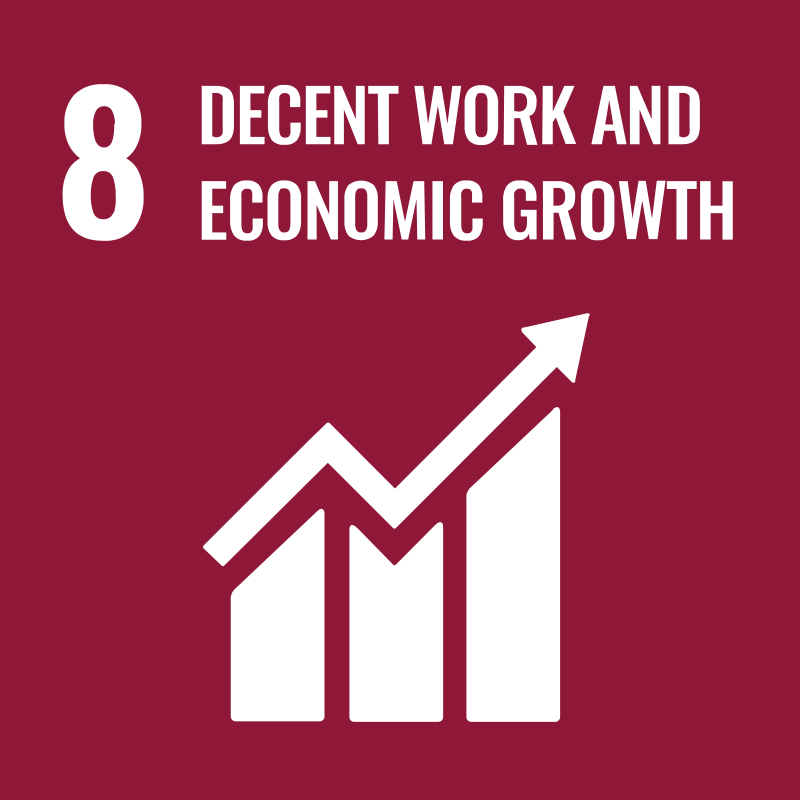
.
Development of Value Chains and responsible sourcing

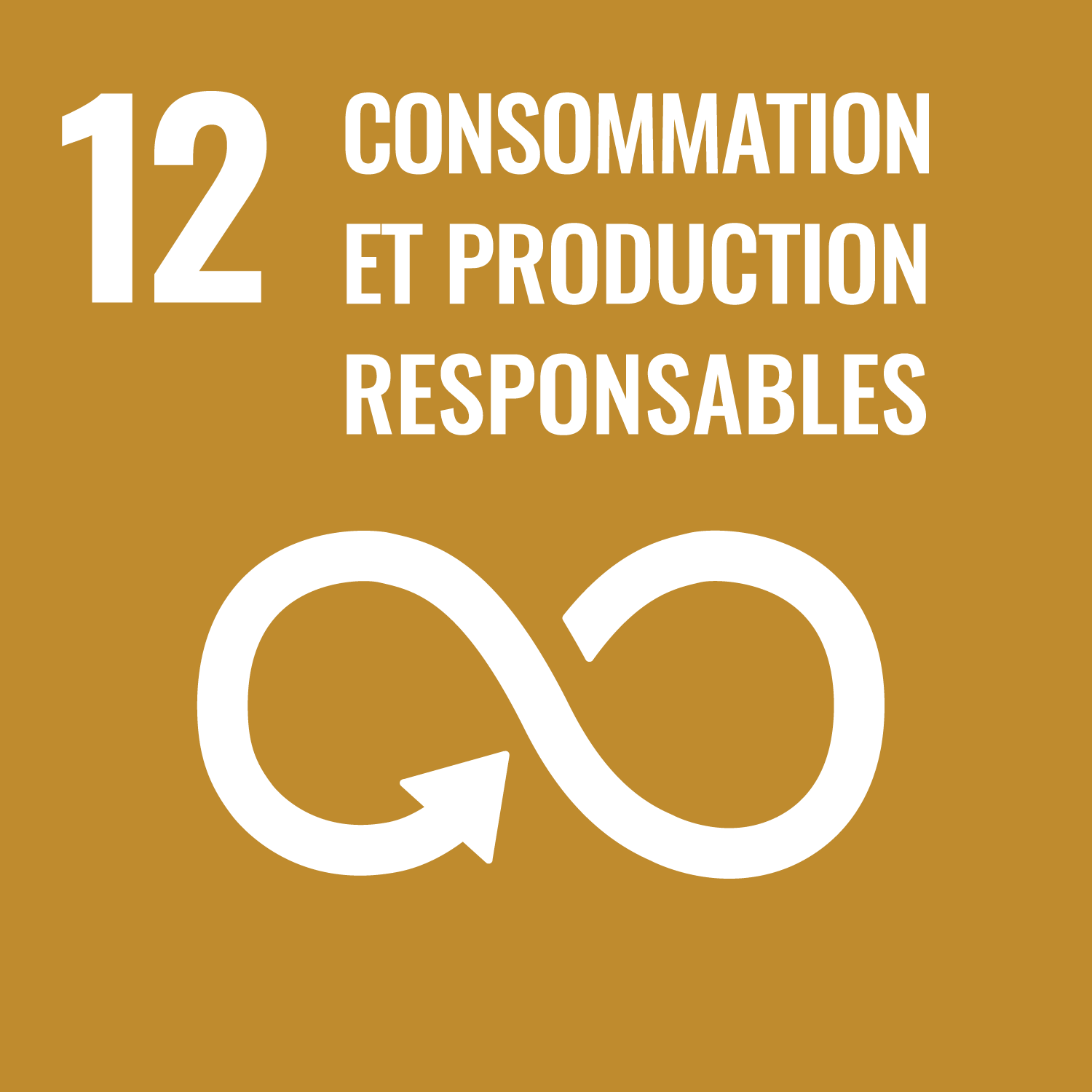
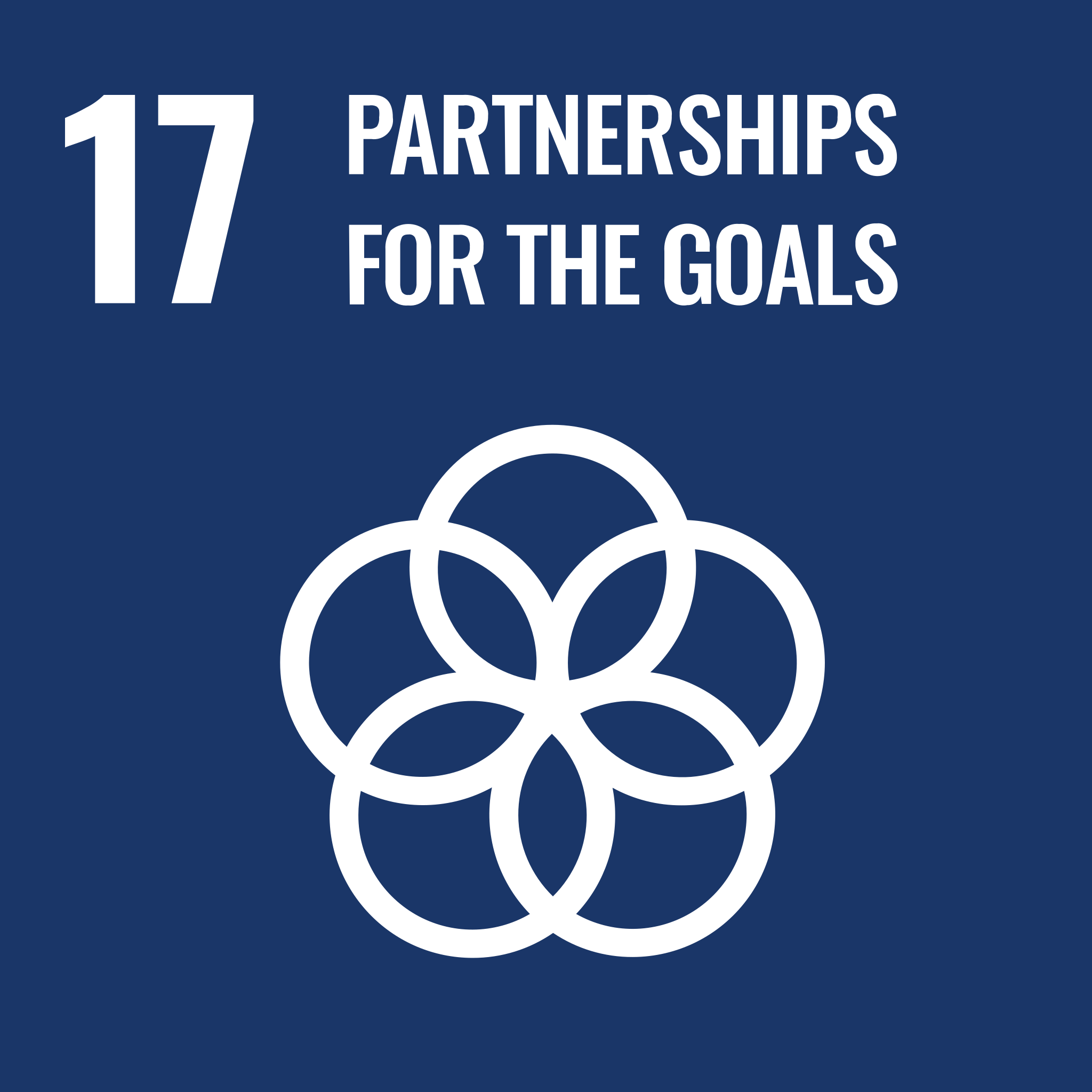
.
Development of Board of Directors Charter including Conflict of Interest Policy

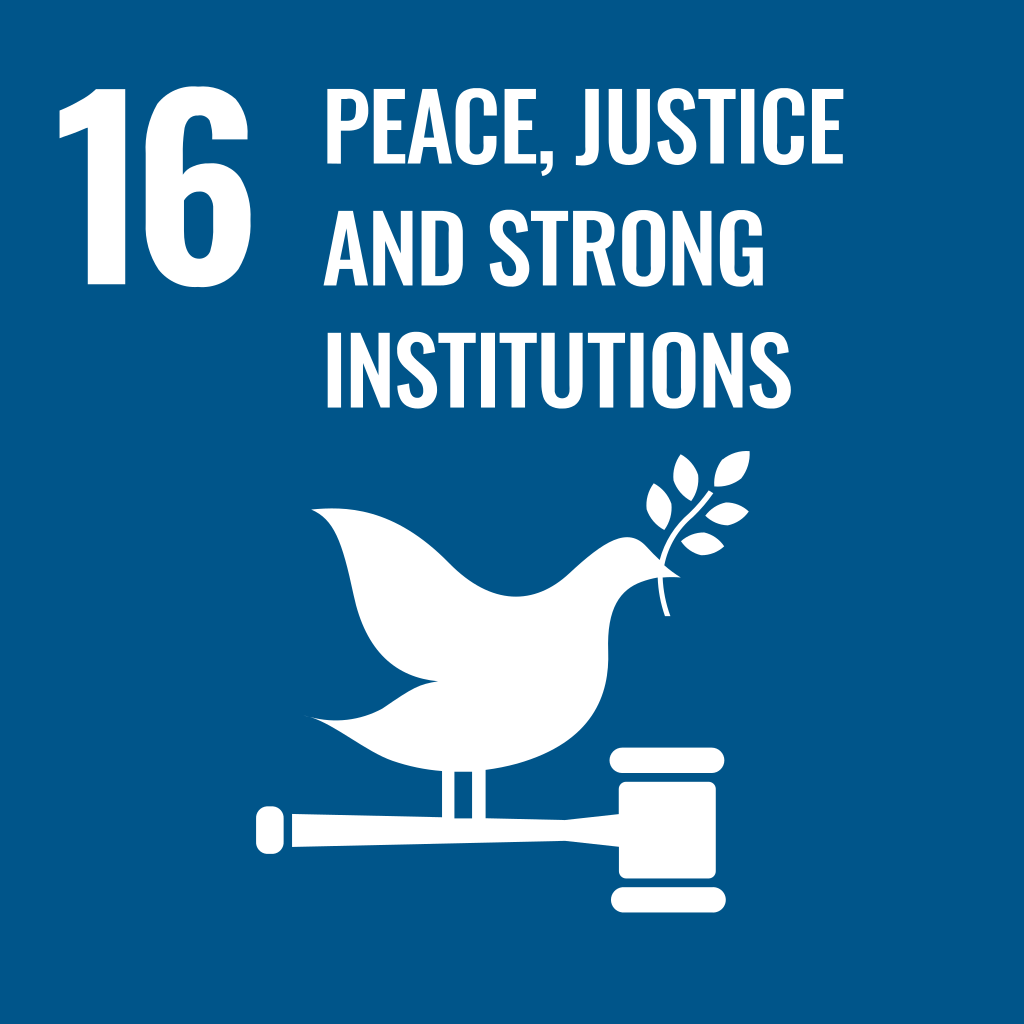
Economic Performance
Risk assessments include ESG



Customer Privacy
Develop Data Privacy Policy



Diversity and equal
opportunities

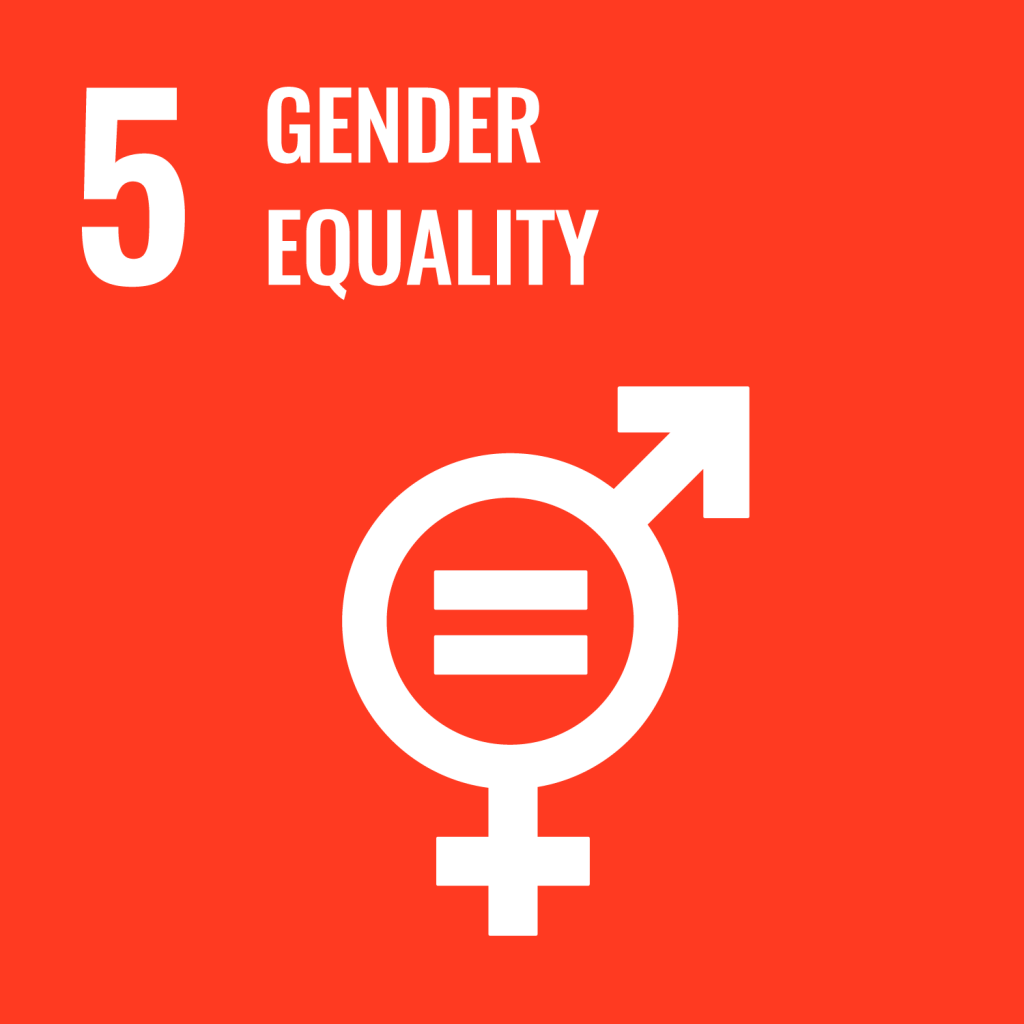
Legend: Planned In progress Complete
POLICY COMMITMENTS
APIC’s Environmental, Social, and Governance (ESG) Policy, developed and embedded in 2023, covers environmental responsibility including climate action and resource management; social responsibility including human rights, employee welfare and community engagement; and governance including ethical business conduct, stakeholder engagement, reporting and capacity building. The policy is approved by the SDSR Committee on the Board of Directors, and circulated among management and relevant employees of APIC and its subsidiaries, who have the responsibility to embed and implement the commitments across different levels within APIC and its subsidiaries including integrating the commitments into strategies, operational policies, and operational procedures.
The embedding of the ESG Policy in other policies and procedures is ongoing, in 2024, several guidelines were developed to support subsidiaries in upgrading their policies and procedures: Procurement; Product Selection, Marketing, Labelling, and Packaging; Waste Management; New Investments Assessment, and Air Quality Management.
The ESG Policy includes an agreement that is shared with third parties who have business relationships with APIC Group, such as suppliers and distributors. Starting in 2024, the agreement is incorporated into APIC Group’s purchase orders and agreements meaning that all those who sign are agreeing to follow the ESG principles outlined in the agreement.
PROCESSES TO REMEDIATE NEGATIVE IMPACTS
In situations where adverse effects or negative impacts are identified within our operations, our commitment to responsible business practices is underscored by the implementation of structured and proactive processes. These processes are meticulously designed to swiftly and effectively address and remediate any identified issues. Central to this approach is a robust system that enables the
prompt identification and reporting of negative impacts, whether they pertain to environmental concerns, social consequences, or governance shortcomings.
Upon the identification of such impacts, a systematic and transparent escalation process is activated, involving key stakeholders and decision-makers at various levels of the organization. This ensures that a comprehensive understanding of the issue is achieved, taking into account diverse perspectives and insights. Simultaneously, a dedicated remediation plan is crafted, outlining specific actions, timelines, and responsibilities to rectify the identified shortcomings.
Importantly, these processes are not just reactive but are complemented by a commitment to proactive measures aimed at preventing the recurrence of similar issues in the future. Root cause analyses, continuous improvement initiatives, and regular reviews contribute to a dynamic and evolving framework that adapts to emerging challenges and sustains a culture of accountability.
By embedding structured processes for addressing and remediating negative impacts, we exemplify our dedication to not only meeting regulatory requirements but also surpassing them to ensure the sustained well-being of our stakeholders and the broader community. This proactive and diligent approach aligns with our overarching commitment to responsible and sustainable business practices, affirming our role as a conscientious corporate entity within the ever-evolving landscape of environmental, social, and governance considerations.
Medical Supplies and Services Company Ensuring Patient Safety Beyond Medication Use: Our Pharmacovigilance Commitment
At MSS, patient health and safety remain top priorities—even beyond the point of medication use. That’s why MSS established the Pharmacovigilance (PV) Department in 2012, dedicated to monitoring patient conditions and reporting any adverse events or quality concerns related to pharmaceutical products.
Patients and customers can report issues at any time through the following channels:
The MSS Complaints page includes the complaint form. The PV Department receives the report and forwards it to the Marketing Authorization Holder (MAH) within 24 hours. The team will follow up with the patient, MAH, and the Palestinian Authority Ministry of Health (PA MOH) to ensure necessary actions are taken.
- Landline
Callers can connect directly with the PV department. If there is no answer after five attempts (during holidays or outside working hours), the system allows the caller to leave a voice message, and the team responds on the next business day. The PV department will report the case to the MAH within 24 hours and coordinate with all relevant parties for resolution.
Patients can submit complaints through the Palestinian Ministry of Health’s website. The MOH’s PV department will receive the complaint and contact MSS immediately for further action. MSS will report the case to the MAH within 24 hours and follow up with all stakeholders to ensure a proper resolution.
MANAGEMENT CONTROL PRACTICES
Through the meticulous execution of internal audits, compliance departments, external audits, and performance appraisals, we position our company as a trailblazer in sustainable and accountable governance within the business sector. This commitment reflects our pledge to not only meet but exceed the expectations of our stakeholders, contributing to a corporate landscape defined by integrity and responsible leadership.
Compliance Departments – Compliance with Laws and Regulations
Integral to our governance structure is the presence of dedicated compliance departments, strategically positioned to uphold the company’s commitment to adhering to all relevant laws and regulations. These specialized departments actively cultivate a culture of legal and ethical compliance, implementing rigorous measures to stay abreast of evolving regulatory landscapes and fostering an environment where ethical conduct is not only encouraged but ingrained in our corporate DNA.
Internal Auditing
Our commitment to maintaining the highest standards of governance is reinforced by the regular conduct of internal audits, a vital practice designed to meticulously assess and enhance the effectiveness of our governance mechanisms. The Company’s internal audit follows the international standards of the Institute of Internal Auditors (IIA) and utilises leading global accounting firms. These internal audits serve as a proactive measure to identify areas of improvement, fortifying our organizational resilience and ensuring that our governance practices consistently align with industry best practices.
External Auditing
As a testament to our unwavering dedication to transparency, independent external audits constitute a pivotal element of our governance practices. These audits, conducted by leading global accounting firms, serve as a robust validation process, thoroughly scrutinizing our financial reporting and governance practices. This external validation not only instils confidence among stakeholders but also underscores our commitment to accountability and the highest standards of financial governance.
Performance Appraisals
In tandem with our governance practices, our management control measures encompass comprehensive performance appraisals. These evaluations serve as a dynamic tool, aligning individual and team objectives with the company’s ethical and governance standards. By intertwining performance assessments with our overarching commitment to ethical conduct, we ensure that our workforce is not only skilled and proficient but also aligned with the ethical principles that define our corporate identity.
